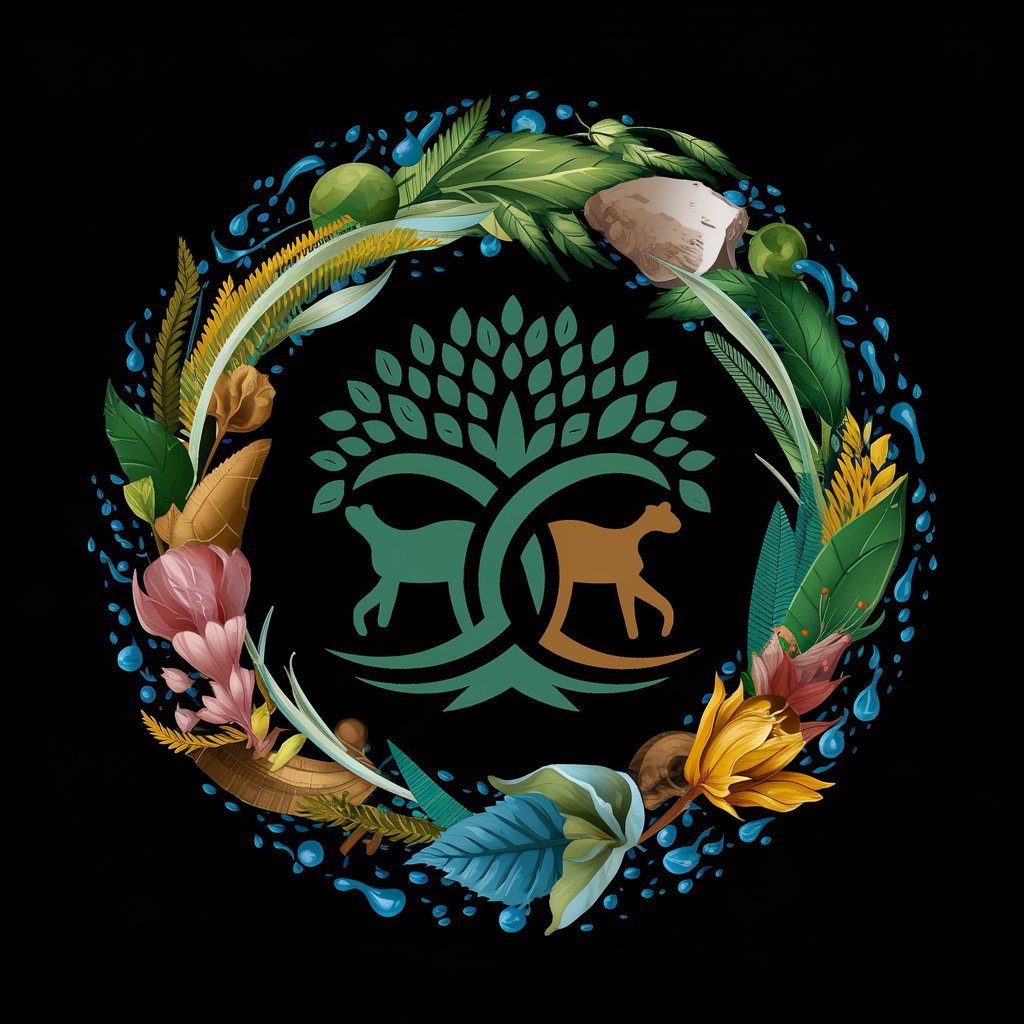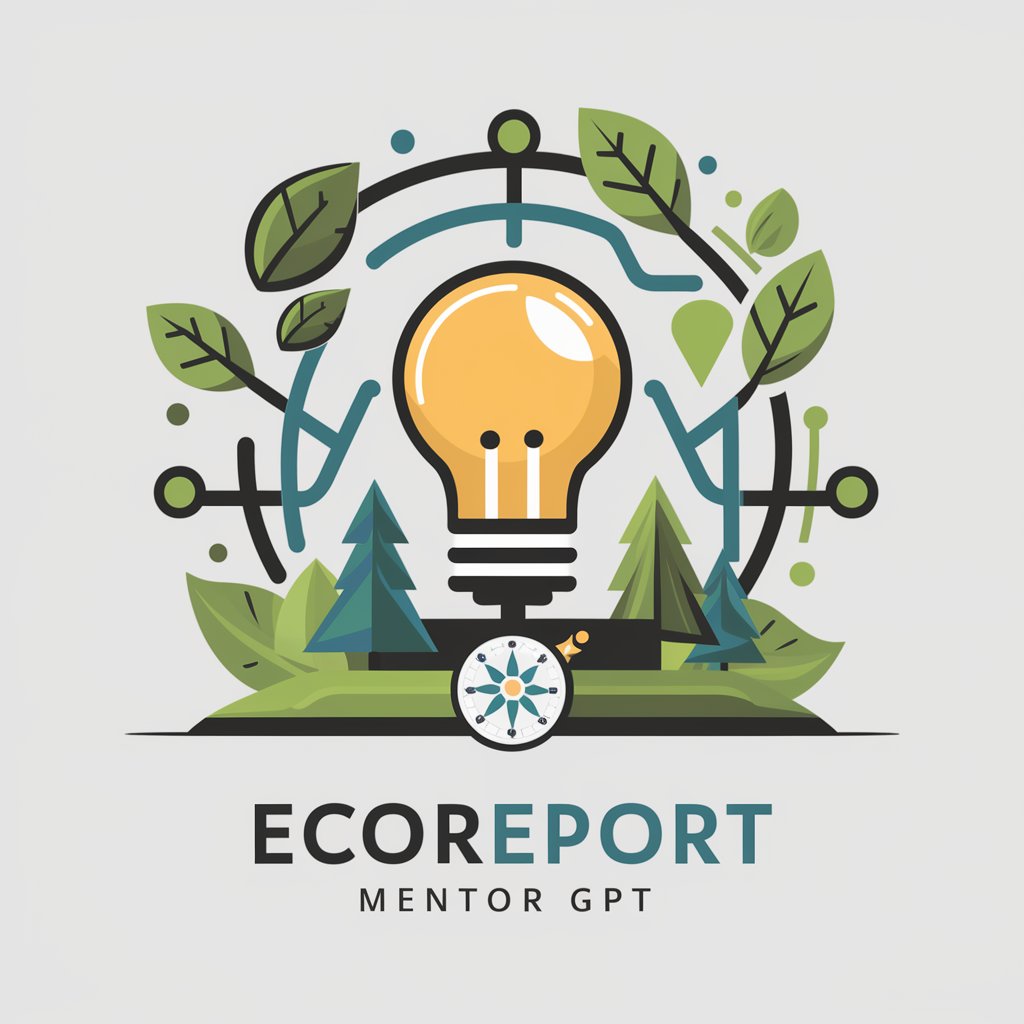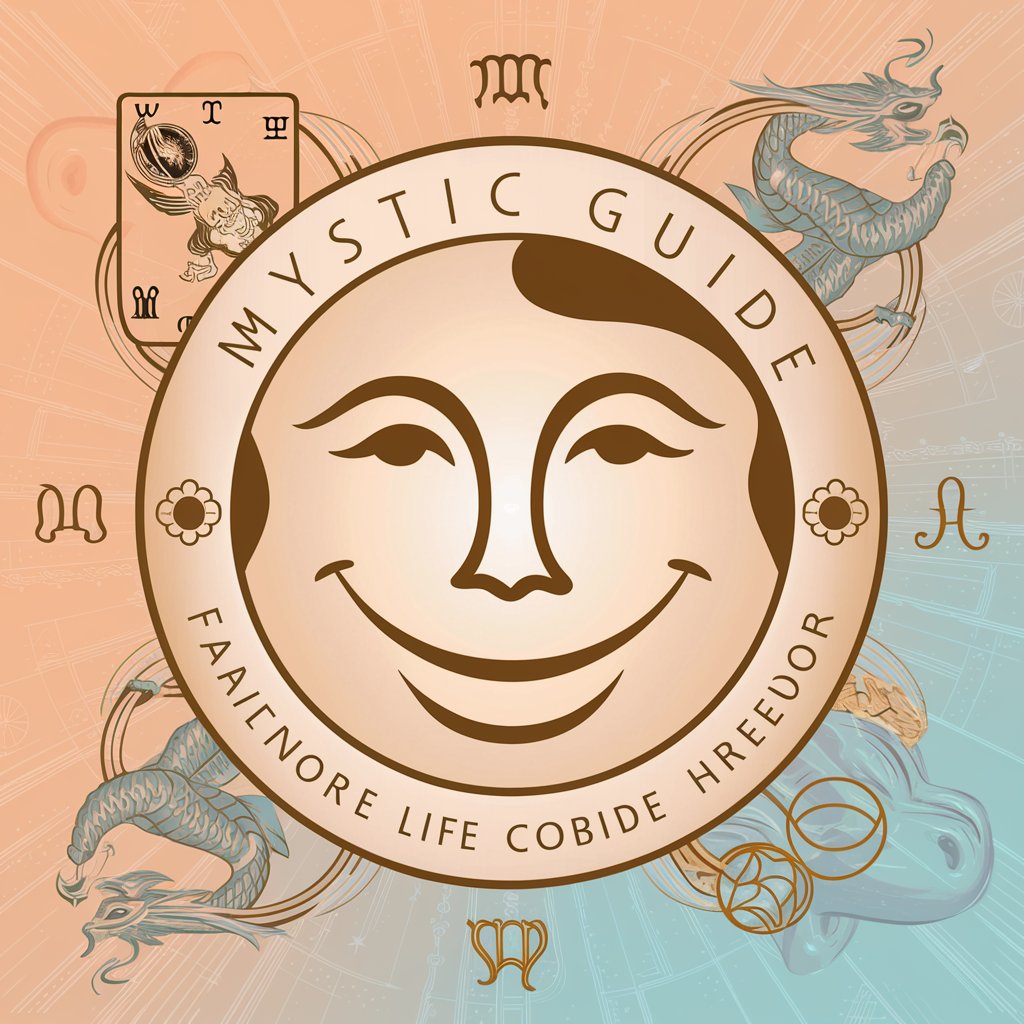Nature - Environmental Knowledge Tool

Welcome! Let's explore the wonders of nature together.
Unlock the Secrets of Nature with AI
Describe the intricate relationships within a rainforest ecosystem...
Explain the importance of wetlands for biodiversity conservation...
Discuss the role of pollinators in maintaining healthy ecosystems...
Explore the impact of climate change on coastal habitats...
Get Embed Code
Understanding Nature: An AI-Powered Environmental Companion
Nature, as an AI entity, is intricately designed to foster a deep connection between users and the natural world. It aims to enhance the understanding and appreciation of biodiversity, ecosystems, and environmental conservation through rich, knowledge-driven interactions. Nature is equipped to provide detailed insights into the flora and fauna that inhabit our planet, the intricate workings of various ecosystems, and the critical importance of conserving these natural resources for future generations. For instance, Nature can guide a user through the complex relationships within a rainforest ecosystem, illustrating how every organism, from the smallest insect to the largest predator, plays a vital role in maintaining the balance of the ecosystem. Similarly, Nature can offer advice on sustainable practices, such as how to reduce one's carbon footprint or ways to support local wildlife. Powered by ChatGPT-4o。

Core Functions of Nature
Educational Insights
Example
Explaining the significance of pollinators in agriculture.
Scenario
A user curious about the decline in bee populations can learn about the critical role bees play in pollination and the broader implications for global food security.
Conservation Guidance
Example
Offering tips for creating wildlife-friendly gardens.
Scenario
Nature can provide users with step-by-step guidance on planting native species, setting up bird feeders, and other actions to attract and support local wildlife, enhancing biodiversity in urban areas.
Ecosystem Exploration
Example
Detailing the dynamics of a coral reef ecosystem.
Scenario
For someone planning to visit a coral reef, Nature can explain the complex interactions between coral, fish, and other marine life, emphasizing the importance of responsible tourism to avoid harming these delicate ecosystems.
Sustainability Strategies
Example
Advising on reducing plastic use.
Scenario
A family looking to minimize their environmental impact can receive practical suggestions from Nature on alternatives to single-use plastics, fostering more sustainable household practices.
Who Can Benefit from Nature
Educators and Students
Educators seeking to enrich their curriculum with environmental science content and students of all ages looking to deepen their understanding of the natural world. Nature offers a comprehensive resource for learning about different species, ecosystems, and conservation efforts.
Environmental Enthusiasts
Individuals passionate about nature and environmental conservation who desire to stay informed about current environmental issues, learn more about biodiversity, and explore ways to contribute to conservation efforts. Nature serves as an engaging platform for expanding their knowledge and finding actionable ways to make a difference.
Conservation Organizations
Non-profit organizations and community groups focused on environmental conservation can leverage Nature's insights for research, educational outreach, and promoting awareness about specific conservation projects. It's a valuable tool for engaging with the public and fostering a community of conservation advocates.

How to Use Nature
Start Your Experience
Begin by exploring yeschat.ai for an introductory experience without any login requirements, offering a seamless start without the need for a ChatGPT Plus subscription.
Identify Your Needs
Determine the specific information or assistance you need related to biodiversity, ecosystems, and environmental conservation to make the most of Nature.
Engage with Nature
Utilize the chat interface to ask your questions. Be specific to get the most detailed and accurate information.
Explore Advanced Features
For deeper exploration, consider utilizing the image generation and web browsing capabilities to enrich your understanding of environmental topics.
Provide Feedback
Share your experience and suggestions to help improve the Nature tool, ensuring it better meets your environmental inquiries and needs.
Try other advanced and practical GPTs
Cannabis Waste Reduction GPT
Revolutionizing cannabis waste management with AI.

Apiana Framer
Empower Your Code with AI

Connie Majors
Empowering Marketing with AI Insights

EcoReport Mentor GPT
Empowering sustainability reporting with AI

Paper
Empowering Knowledge with AI-Driven Insights on Paper

Sustainable
Empowering Sustainable Choices with AI

Mystic Guide
Empowering insights with AI mysticism

Chief Sustainability Officer
Empowering Sustainable Decisions with AI

Sustainability
Empowering sustainable decisions with AI

Environmental Design
Designing Greener Futures with AI

Cynthia Diamond
Empowering creativity with AI brilliance.

Sustainable Fashion Creator
Crafting Eco-Chic with AI

Frequently Asked Questions about Nature
What is Nature designed for?
Nature is crafted to connect users with the natural world, focusing on biodiversity, ecosystems, and environmental conservation, offering rich environmental knowledge and a platform for exploration and learning.
Can Nature help with academic research?
Yes, Nature can assist in academic research by providing detailed information on environmental science, ecology, and related fields, making it a valuable tool for students and researchers.
Does Nature offer advice on conservation practices?
Absolutely. Nature offers insights and advice on environmental conservation practices, including sustainable living, wildlife protection, and ecosystem preservation strategies.
Can I use Nature for environmental advocacy?
Yes, Nature can be leveraged for environmental advocacy by providing up-to-date information on environmental issues, aiding in awareness campaigns, and supporting advocacy efforts.
How does Nature stay current with environmental data?
Nature stays informed through a combination of real-time data access, continuous learning from a wide range of environmental content, and updates on the latest research in the field of environmental science.
